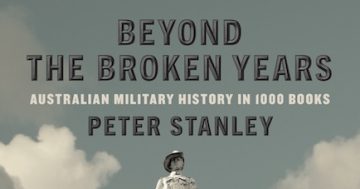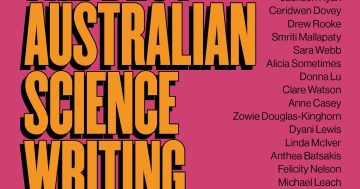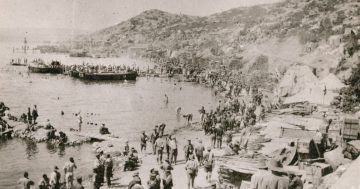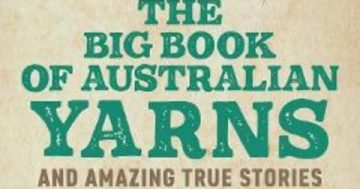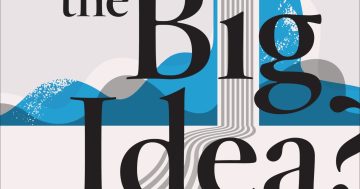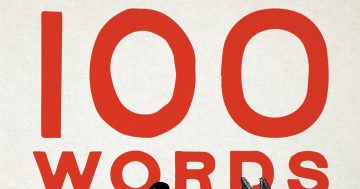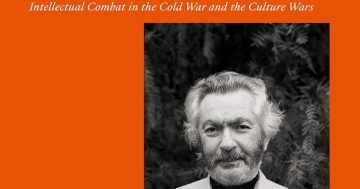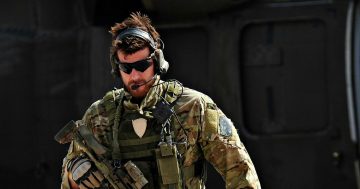Reviewed by Rama Gaind.
Edited by Peter Stanley, NLA Publishing, $29.99
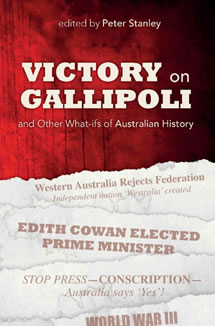 Position yourself on a different level of thought. We are being asked to suspend disbelief that history might have turned out differently, to let go of the assumption that the past was always going to turn into our present – and it allows us to see the possibilities in a very different history of Australia.
Position yourself on a different level of thought. We are being asked to suspend disbelief that history might have turned out differently, to let go of the assumption that the past was always going to turn into our present – and it allows us to see the possibilities in a very different history of Australia.
Professor Stanley explains: “In national history as in life, our present situation is the sum of thousands of decisions made of the workings of change of all kinds … and of chance. The present could have been very different if even one of those variables had been different”.
With a twist of fate – and of historical fact – Gallipoli was a military success, Australia had a female prime minister in the 1920s and Gough Whitlam chose his time to retire from the top job.
This book explores the possible moments of unrealised potential, of roads not taken, of what-ifs and perhaps if-onlys of Australian history. Taking us on this tour are the writers, all historians, reminding us of Australia’s past that history is “supremely contingent”. Essays are by Michael McKernan, Janette Bomford, Guy Hansen, Carolyn Holbrook and Ross McMullin, among others.
Edited by a military historian, war features strongly in this book because “…by its nature, war brings uncertainty and the possibility of other, more dramatic possibilities”.
War brings disruption and change. So too does peacetime. The past is irreversible, but with an unlimited imagination – our alternative history is created. This sketch of a series of ‘sliding door’ moments in Australian history will leave you in awe to contemplate points in Australia’s history that might have resulted in different routes, directions and outcomes.
At the end of each essay, an ‘In fact…’ section tells the true story to allow the readers to see what has, and hasn’t, been changed in the imaginative retelling.![]()


